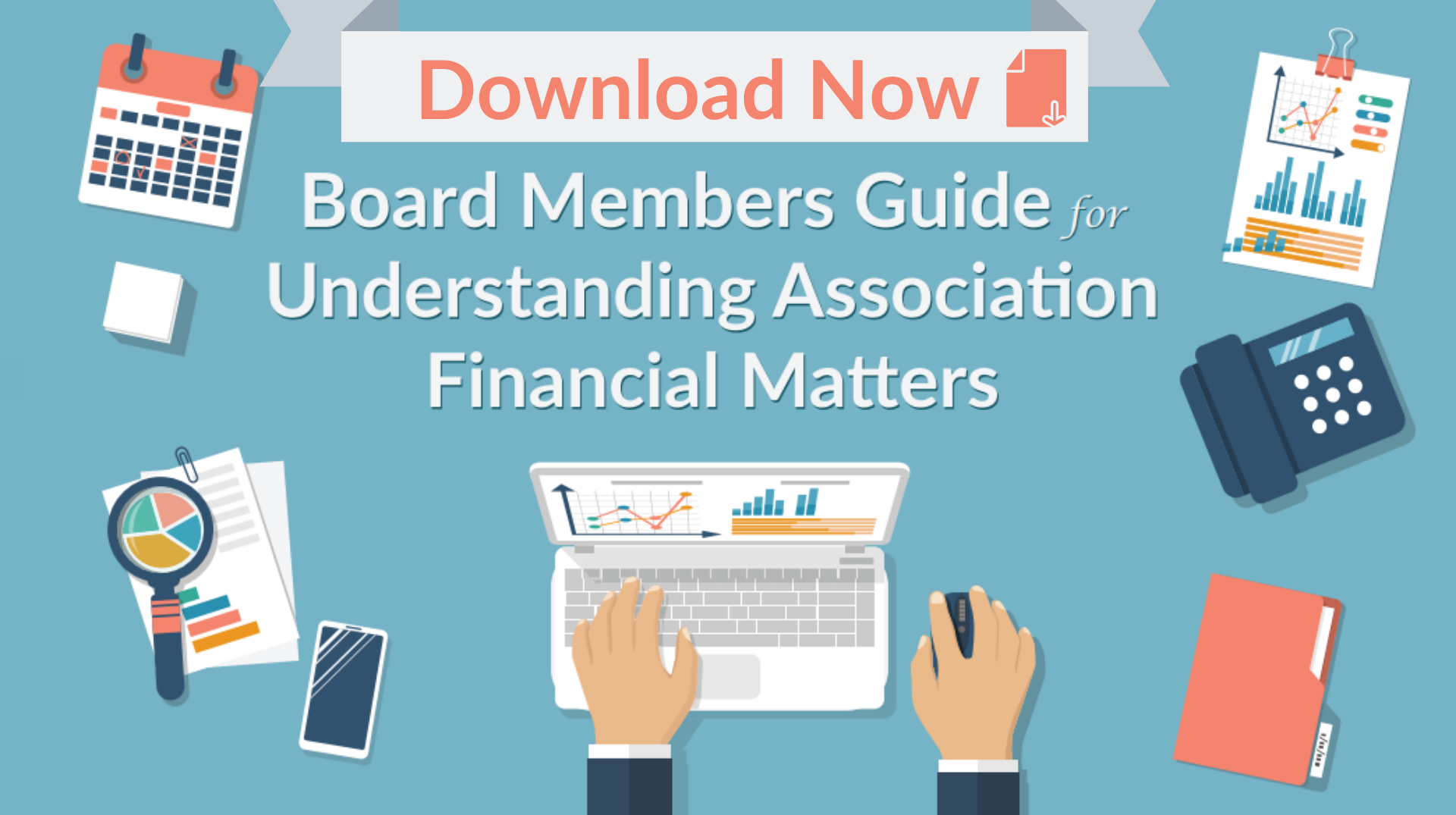Deed restrictions can cover everything from the color you paint your home to who you can sell it to, to whether you can have a pet or a home business. Many new homeowners find themselves wondering if their Deed Restrictions are still valid from when their homes were built.
When do Deed Restrictions Expire?
The simple answer is: They don't. Unless it's actively specified in the deed restriction, deed restrictions are permanent. In some cases, the deed restriction simply says that you have to be a member of the HOA, but the actual restrictions are in the bylaws. Deed restrictions pass on to anyone who buys the property, regardless of what they are. If there is an expiration date, then it may be extended by vote from the HOA.
How Can you Avoid Deed Restrictions?
First and foremost, be sure read the deed restrictions before you decide to purchase a home within a community association. If you own, for example, a commercial vehicle, and the deed restrictions prohibit keeping a commercial vehicle on the premises, then this community association may not be the place for you.
Deed restrictions are recorded on every lot within the community association, and are legal and binding. No association member is exempt from following the deed restrictions. However, there are a few important things to keep in mind:
- Educate yourself to the laws impacting community associations. A HOA or developer cannot enforce illegal deed restrictions, even if they are technically still attached to the property. For example, some deed restrictions may prohibit satellite dishes. However, the FCC passed legislation that bans prohibiting satellite dishes in community associations, making that rule unenforceable now. Instead, community associations are permitted to enforce rules pertaining to the appearance and/or location of the dish. When restrictions contradict local or state law, the local, state and federal laws will prevail. The Board may consider amending the deed restrictions to conform with the new laws, which does not require an owner vote, but is not required to. It can be a costly undertaking.
- You can request clarification of a deed restriction if it is inexact. This might include vague mentions of standards of maintenance or cleanliness, talk about being similar, etc. In some cases language use has changed such as to make deed restrictions out of date. Home businesses are one area where there can be conflict. Don’t assume you’ll be able to do what you want to do without any penalty; ask for clarification first. If it appears a covenant is not being enforced, do not assume that is the case. Some violation issues can take many months, or even years, for the association to resolve, particularly if the matter escalates to court. Some items that appear to be violations may have been grandfathered before the current rules were adopted. Violation enforcement is a complex matter, and there can be several circumstances that cause things to not be as they appear.
- You can apply for a variance or a waiver. For example, if home businesses are generally disallowed, but yours doesn't involve employees, clients visiting your home, or a lot of deliveries, then you may be able to get a variance or even a waiver. Keep in mind, however, the Board needs to treat everyone the same; granting you a variance will open the door to possibly granting more variances. The Board has a duty to consider the association as a whole in their decision making.
- If you believe that a restriction is unreasonable and doesn’t benefit everyone, you can undertake a campaign to have the use restrictions modified. This generally takes a higher percentage of association members to agree to at a special meeting called for this purpose. This is to protect the rights of those who perhaps purchased a home in that community because they didn’t want to have to worry about boats, or dogs, for example. A proposition to change the rules to allow boats or dogs will therefore require the consent of a large majority.
Should You Challenge a Deed Restriction?
It really depends on what the restriction is. If the restriction conforms with local, state and federal laws, the time and expense involved in undertaking a project to amend them can be considerable. You’ll need to decide if the time and cost can be justified. For example, it may not be worth challenging rules about painting, but attempting to change rules banning certain trucks in a rural community where a large population owns such vehicles might be worthwhile. Obviously, you should also do your best to find a home in a neighborhood that does not have deed restrictions you would challenge.
Before a Board of Directors considers changing it’s restrictions, they should consult with their attorney for proper legal guidance. They will be able to advise you if it’s even legally possible to make the change you are considering.
Associations should, in general, work towards removing illegal or outdated deed restrictions altogether, despite the complexity of the process. It makes it easier for the new association member to learn and follow the rules if the deed restrictions are current and complete. A new owner may not realize a restriction they read in the DCCR’s, one they might factor into their decision to purchase the home, is no longer enforceable due to changes in state or federal laws that rendered it unenforceable. Amending the DCCR’s is an expense, but it offers association members the best chance at complying with the rules, and potential members the most transparency so they can make an educated decision about purchasing in the community.
If the residents believe the deed restrictions do not serve the community well overall, residents can work together to initiate change. Ask the Board to appoint a Rules Committee to review the restrictions, draft changes they believe would serve the community. The new rules, once approved by the association attorney, can then be put to an owner vote. If the needed majority rules in your favor, your inititiave towards change will be a success. If it doesn’t earn the required number of votes, you will have peace of mind knowing the majority of owners find the deed restrictions acceptable as they are. At least you will know you tried, and the Board will have honored the wishes of the residents who elected them.


